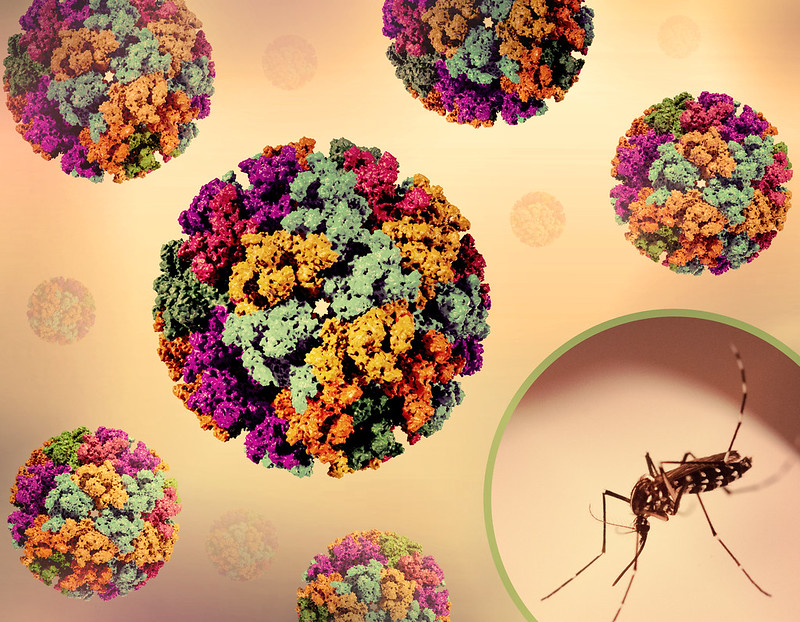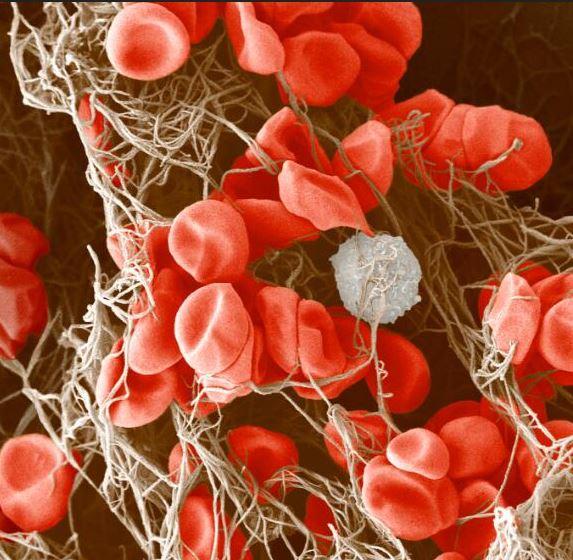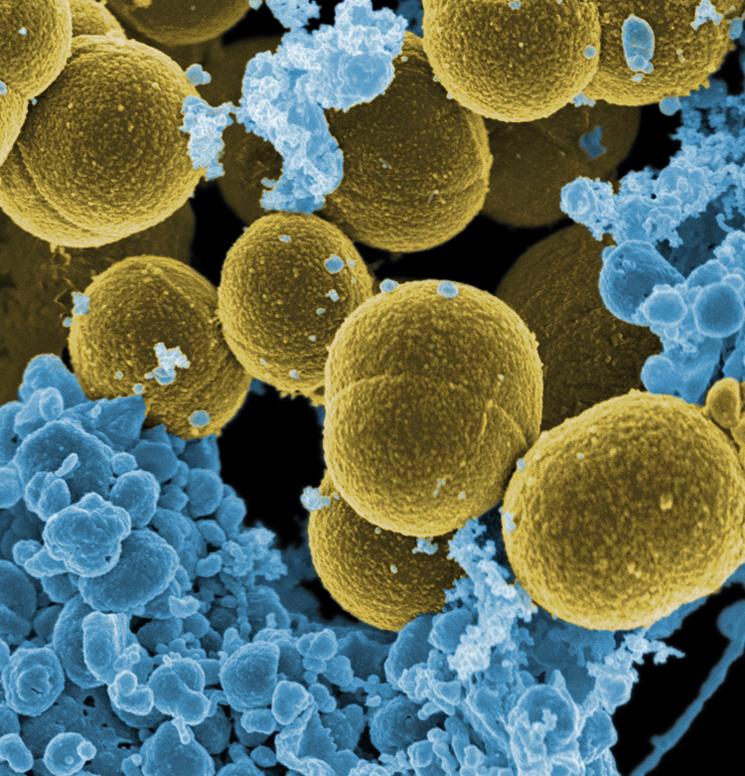British drugmaker GSK announced earlier this week that its investigational oral antibiotic for uncomplicated gonorrhea met its primary efficacy end point in a phase 3 trial.
Preliminary results from the EAGLE-1 trial showed that gepotidacin, a first-in-class triazaacenaphthylene antibiotic that works by inhibiting bacterial DNA replication, demonstrated non-inferiority to the current standard-of-care gonorrhea treatment (intramuscular ceftriaxone plus oral azithromycin) in patients with uncomplicated urogenital gonorrhea. The results are based on a primary end point of microbiologic response at the test-of-cure visit 3 to 7 days after treatment.
The company said the safety and tolerability of gepotidacin was consistent with results from earlier trials.
Rising resistance to current treatments
Global estimates indicate there are more than 82 million new gonorrhea cases each year, and resistance to the currently recommended treatment is rising. That's a problem because the Neisseria gonorrhoeae bacterium has developed resistance to every other antibiotic that's been used for treatment, and no other options are currently available.
"With rising incidence rates and concern around growing resistance to existing treatments, gonorrhoea poses a threat to public health globally," Chris Corsico, GSK's senior vice president for development, said in a company press release. "These positive headline results demonstrate the potential for gepotidacin to provide a novel oral treatment option in the face of rising resistance and for patients who cannot take other treatments due to allergies or intolerance."
GSK is also developing gepotidacin as a treatment for uncomplicated urinary tract infections (uUTIs). In two other recent phase 3 trials—EAGLE-2 and EAGLE-3—the antibiotic showed non-inferiority and superiority to nitrofurantoin in women with uUTIs.
Company officials say they will present the data from the EAGLE-1 trial at an upcoming scientific meeting.
These positive headline results demonstrate the potential for gepotidacin to provide a novel oral treatment option in the face of rising resistance and for patients who cannot take other treatments due to allergies or intolerance.

















